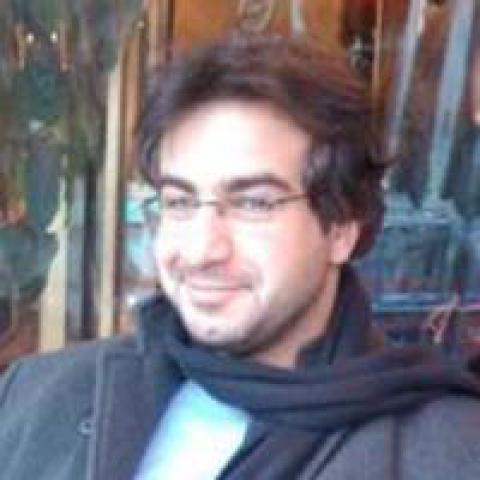A popular narrative asserts that in 1969, still feeling the sting of the 1967 defeat, Gamal Abdel Nasser sought to impose tighter control over the state, including the ushering in of a more politically aligned and allied judiciary. Much of the judiciary defied his wish, preferring instead that judges stay out of politics and out of the Socialist Arab Union, the one and only political party at the time. Nasser, under the influence of his security apparatus and loyalists in the judiciary, allegedly would not have it.
Reports by Nasser's infamous "vanguard organization," a secret association of regime-sympathizing cadres belonging to the Socialist Arab Union, is said to have suggested to the president that a significant portion of the judicial leadership hailed from the days of the monarchy and held values different from the ideology of the “revolution.” The reports further suggested that there were alternatively many in the judiciary who supported Nasser's vision of it. Those who opposed that vision, on the other hand, were instruments of the “counter-revolution.”



